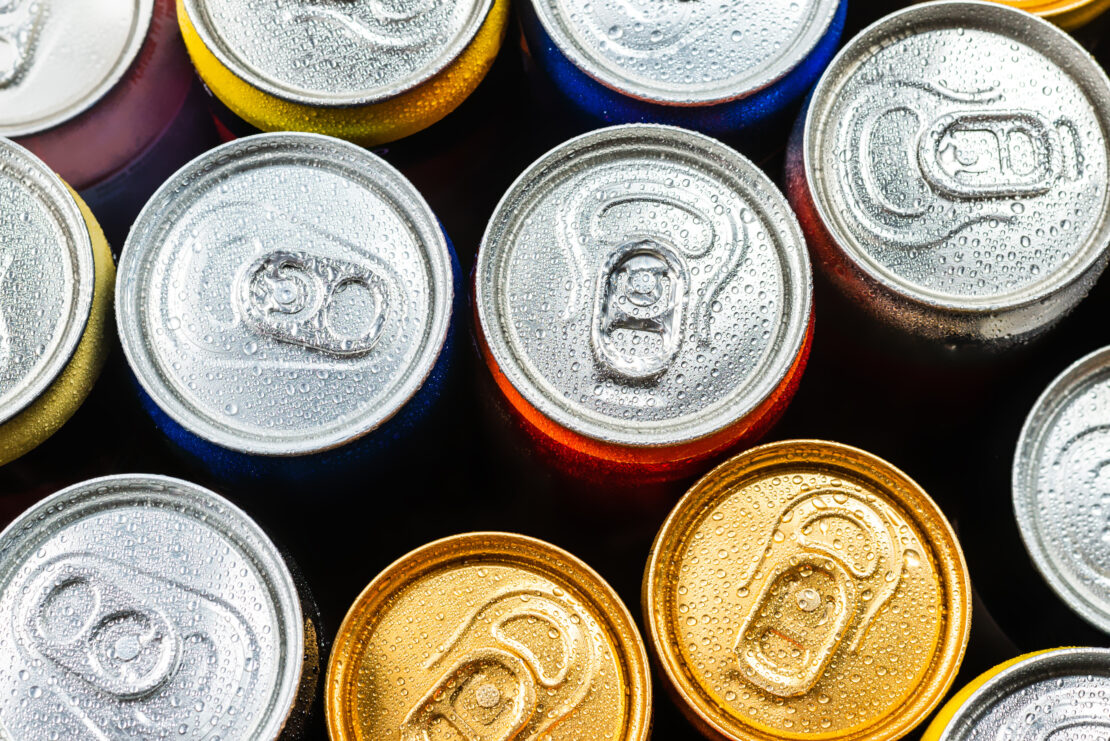
There has been much speculation in the media about the government considering a ban on energy drinks sold to under sixteen-year-olds.
This is possibly a good thing, as a parent of teenagers (thankfully now beyond the teen years) it was always an emotive discussion with the kids encouraging them to not consume popular high energy drinks.
Of course, the retail and media industries have a huge hold over consumer behaviour and a ban of high energy drinks to children will be a significant challenge to say the least.
Consumption of these drinks that are high in sugar and caffeine have been linked to multitude of potentially disastrous outcomes for human health. Of particular concern, and relevant to us, is the potential impact on allergies and there is evidence of a link between these products and particular allergies including asthma.
One of the most frequent discussion points in the field of food service allergens is the age-old question of why are allergies so prevalent these days?
Perhaps products like high energy drinks and ultra processed foods, that contain a plethora of E numbers, and modern-day manufacturing techniques do contribute to the current state of the nation of 2% in the UK, having a known allergen, and some 6% of the adult population known to have a clinically diagnosed allergy or intolerance.
It is so difficult, especially in retail and drink led businesses to always be on top of the health game!
As businesses, we trust manufacturers and consumer goods that can be supported by million-dollar advertising campaigns as products we can stock and sell to contribute to our revenue streams. In pure retail terms wildly advertised products are a bedrock of the business model to which operators rely on.
Being forewarned will be prudent and caterers are encouraged to continuously review products and ingredients for allergen and nutrient contents. This latest push could be a catalyst to look at the longer-term health benefits of less risky products to ensure the business is ahead of the curve before the campaigns and activists get a hold.
It is not all one sided, however, there has been a huge swell of innovative non-alcoholic drinks in the market with mocktails, concentrated infusions with lemon, ginger and similar high nutrient ingredients and it is these beverages that should steel the limelight as high energy super drinks!
Perhaps it is time to open our minds to the expertise of the high-end marketing campaigners and adopt this to promote our own brands that do not come with intense added sugars and caffeine!
If you would like to find out more please visit: Impact on public health practice & policy | Fuse | Newcastle University
Blog written by: Julian Edwards FIH, FCSI, CFSP – CEO: Allergen Accreditation


